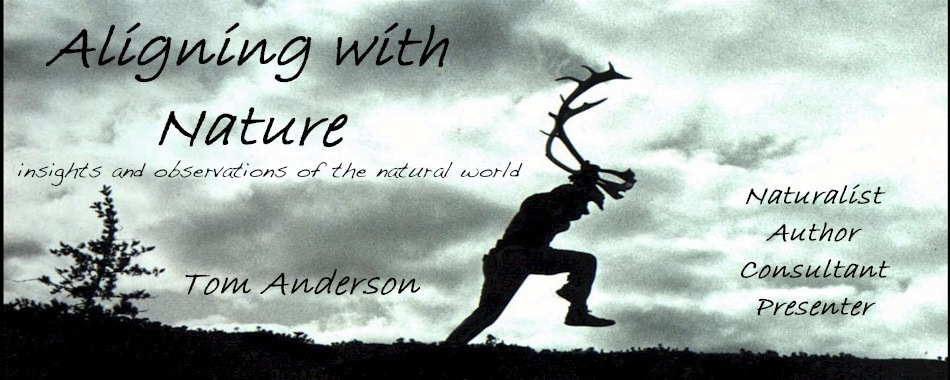The Fall and Rise of Water

Inspired by the beckoning words of Robert Service’s poem, The Spell of the Yukon, I found myself returning to the Yukon Territory.
“There’s a land where the mountains are nameless,
And the rivers all run God knows where. . .”
Far from any road, tucked in a lakeside log cabin built scores of years ago by a pair of intrepid squatters, I lay in a bunk in the dark, listening to the tireless, tumbling notes of last winter’s snow rushing downslope. Meltwaters hurry off the alpine meadows high above the lake valley. They accelerate down through groves of scattered, scented subalpine fir. They carry the petals of monkshood, dryas and forget-me-not. They flow over dried lichen and caribou and ptarmigan droppings. The water melds all these into a signature flow, releasing a melody sung by gravity.
Well after dawn I shrug a dead twelve-foot fir log off my shoulder. The six-inch diameter timber is the last log required to replace rotting stringers on one of three bridges over the narrow stream.
I wipe my forehead and drop to my knees before stretching out on my belly at water’s edge. I bring my lips to drink the musical water that is the color of clear. In that sacred communion of myself and water it is as if I kissed the earth.
Refreshed, I roll onto my back, staring up into the blue sky and the small convoy of cloud puffs. I marvel at the witnessing of the water cycle from cloud, to snow, to stream. I am humbled at the realization that this drink is necessary for my life and all life to exist. Water is life.

Indigenous peoples around the world often refer to water as a living entity. In her book Water Always Wins, described as “quietly radical,” Erica Gies reinforces the ancient belief that water has rights.
Kelsey Leonard, a First Nation citizen and assistant professor at the School of Environment, Resources and Sustainability at the University of Waterloo in Ontario reminds us that many indigenous traditions don’t consider water a “what” (a commodity) but a “who.” Many global indigenous peoples not only believe that water is alive but that it is kin.
Leonard says, “that one way to solve many water injustices is to recognize water as a legal person with an inherent right to exist, flourish and evolve.That’s not as radical a notion as it might sound: in the United States, corporations were granted legal personhood with all the rights that implies.”
In 2017 New Zealand granted the Whanganui River legal status as a living being, making it the first river in the world to gain such status. Since then some European legal systems are considering the rights of nature.
I believe the rights to clean water are more important than the rights of any corporation since no corporation can exist without clean water.
How do we change our relationship with water? We need to practice falling in love with it rather than taking it for granted. We care for that which we love. In our lifetime, it might be the most important relationship we can have.
Choose water as a lover.

Filed under: Uncategorized

Leave a Reply
You must be logged in to post a comment.